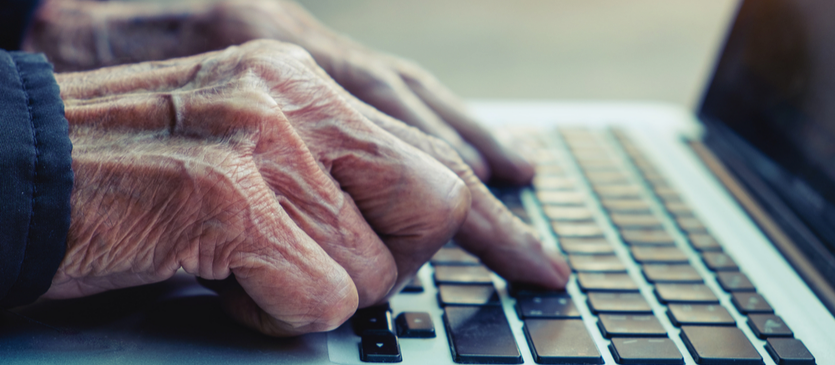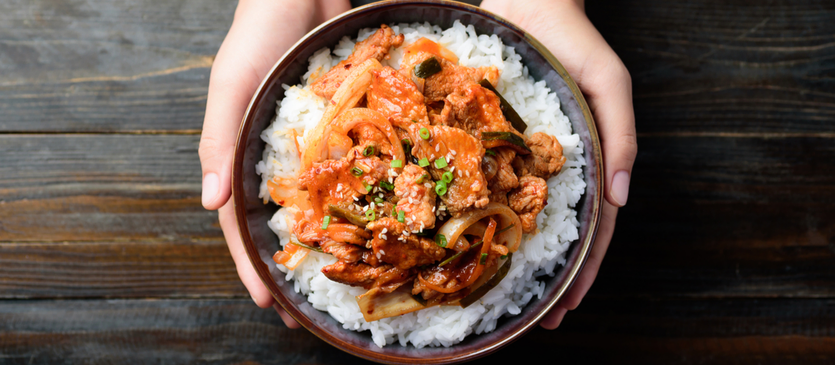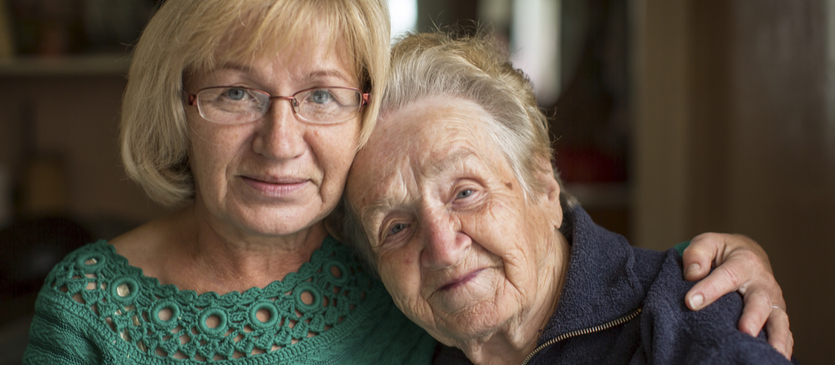Those who grew up in the 40s and 50s may not have lived during the hyper-connected, always available world of smartphones, social media and ‘on-demand’ entertainment, but this doesn’t mean they were any less independent, socially-connected and in-control of their lives.
In the simpler era before the internet and other modern technology took over, people needed a few skills like cooking and driving, an education and a job or trade to keep a roof over their head. The telephone, post and neighbourly chats over the fence or at the shops kept everyone connected and in touch with their community, friends and family.
It’s these same factors – the freedom of a driver’s license, cooking your favourite meals and staying involved with friends and community groups – that helps elderly people feel valuable, independent and in control as they age.
The American psychology, Abraham Maslow, explained humans at every age and stage of life all have the same inherent needs motivating us, beginning with our most basic needs. Fulfilling each of these needs gives us a sense of independence and happiness. Maslow’s hierarchy of needs are physiological (food, water, sleep), safety (shelter, security), love (friends and family), esteem (feeling good about ourselves and valuable to others), and self-actualization (meeting our potential, feeling content).
While we continue to create new technologies and can’t imagine life without our apps and gadgets, Maslow’s theory suggests whatever we needed 50 or 60 years ago to fulfil our health, safety, interpersonal, self-esteem and sense of success are the same things sustaining us today. Who knew, we don’t need social media to feel connected or Uber eats to keep us fed!
Being independent means a more positive experience of ageing. A person’s physical, social and emotional wellbeing are the three factors impacting independence. This combination is so important, the World Health Organization (WHO) identified these dimensions as fundamental to what it termed “Active Ageing”.
The healthier and more mobile you are, the longer you are able to live independently. For someone in their 70s, 80s and even 90s living at home, simply keeping fit, active, healthy, secure, socially engaged and having fun will keep them feeling young and vibrant.
Research also found the opposite is true: maintaining independence is intrinsically linked to a person’s wellbeing, mobility and health as they age. Those who are socially isolated experience higher rates of disease and depression.
Your elderly relative can maintain their independence with these three essential factors for ‘active ageing’:
-
Encourage a strong support network and regular communication. Being independent doesn’t mean being isolated. Meeting up with friends and family, a daily chat with a neighbour, volunteering for a charity or joining a regular catch-up with a social group gives a person a strong sense of involvement and connection.
-
Keep a driver’s licence. Being able to drive gives a person greater mobility and confidence to do the things they want to do. It also means they can visit friends and be of service to others who need a lift.
-
Shopping and preparing meals. Food is not just a way to nourish the body and meet our physical needs. Food is the way we celebrate special occasions or treat ourselves. Being in charge of the kitchen means the individual controls what ingredients are added for better health and enjoyment.
If any of these factors are lost, there are ways to regain control and independence. Organising online shopping can be a great help while your elderly relative is unwell or recovering from an injury. A friend with a car or the local community transport service can assist with transportation to many popular destinations. In-home support can help provide transport, meals and companionship if these become hard and family and friends are unavailable for any reason.
The important thing to remember is maintaining or restoring these factors of independence has a direct impact on a person’s long-term health, physical and emotional wellbeing. Supporting a person to live safely at home doesn’t diminish a person’s autonomy. It’s just a way to overcome the little bumps in the road of life as they age actively.




